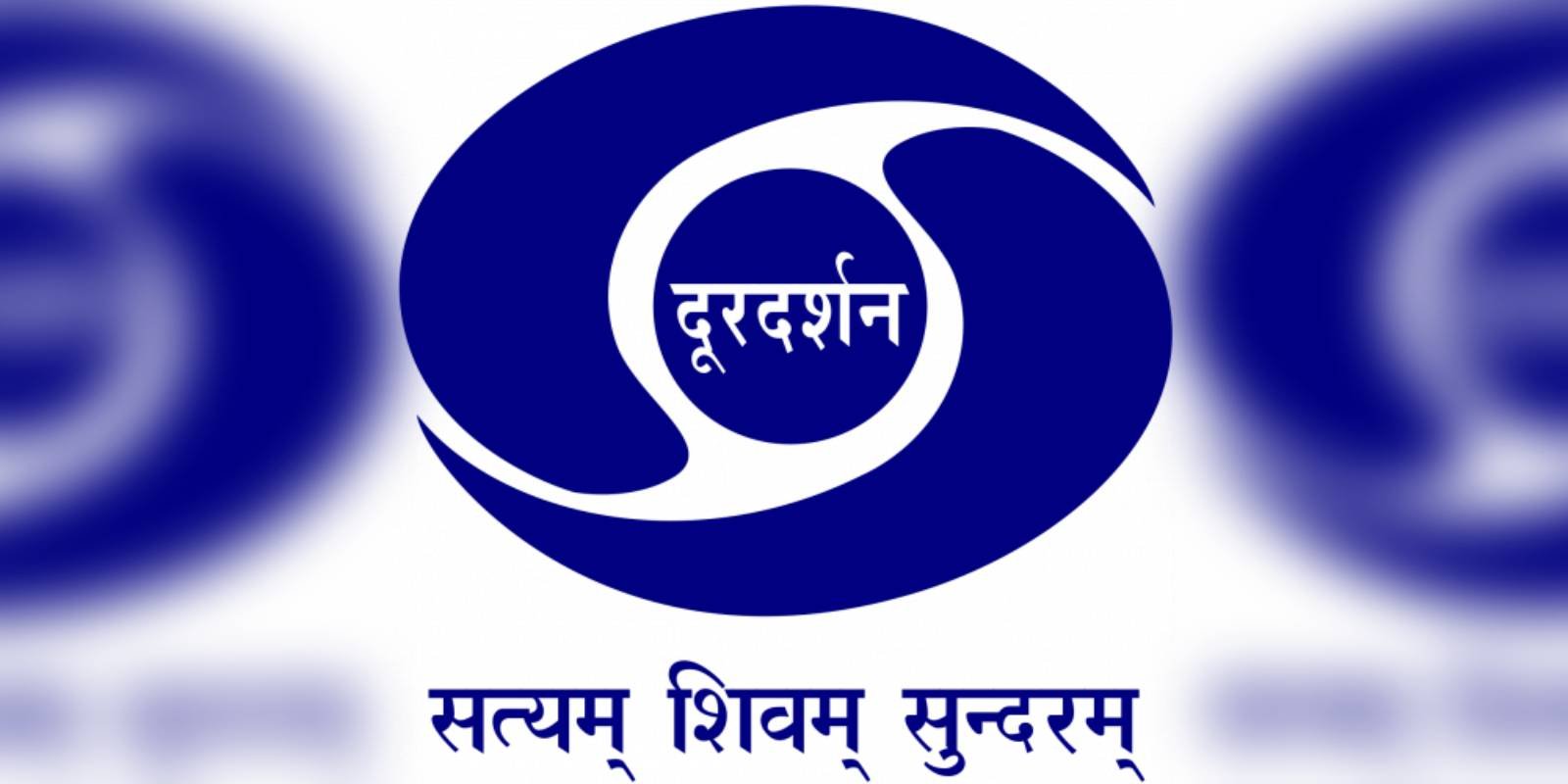In a series of social media posts that quickly gained traction, Trinamool Congress MP Saket Gokhale questioned why Doordarshan, India’s public broadcaster under Prasar Bharati, has been absent from recent official government delegations, including those tied to post-“Operation Sindoor” events abroad.
“Have been following footage of post-Operation Sindoor MP delegations that have gone abroad. It is shocking to see that all footage is coming from news agency ANI while govt-owned Doordarshan is absent,” Gokhale wrote on X (formerly Twitter).
Gokhale emphasized that Doordarshan, being a publicly funded institution, should legally and ethically be granted mandatory access to all government and official events. This is especially relevant since DD’s content is free to use by YouTubers and third-party creators, fostering democratic access to government information.
Private Access, Public Costs: ANI’s Exclusive Rights and the Cost to Creators
The crux of the concern lies in ANI’s exclusive presence at government events and the monetization of that footage. As Gokhale noted, ANI’s video content is copyright-protected, requiring YouTubers and independent content creators to pay licensing fees — fees that are privately determined and not publicly disclosed.
“ANI’s content (about govt and official events) is copyrighted and YouTubers and content creators HAVE TO pay for it (and ANI’s fees are private information),” Gokhale stated.
This arrangement has prompted criticism, especially from digital creators who rely on affordable access to government event footage. As one user, @himanshubm, posted, “The cozy arrangement between the government & ANI is now up 4 discussion… it would have been so much better if they had come to a reasonable arrangement with YouTubers — reasonable license fee, video deletion, revenue share — so many options.”
Demands for Reform: Autonomy and Transparency in Public Broadcasting
While Gokhale pressed the Information and Broadcasting Minister Ashwini Vaishnaw for answers, other voices from civil society called for structural reforms. A user named @GreyingnCranky proposed that Doordarshan be made autonomous and answerable to a non-partisan taxpayer-funded board, similar to the BBC model.
“That way DD should not be reduced to a propaganda arm of the ruling regime but a check on power by the people,” the user argued.
Gokhale, meanwhile, raised three key questions:
-
Why is DD News missing during government and public event coverage?
-
Why is DD News being blocked from exclusive access while ANI is granted it every time?
-
Why is the government not acquiring footage from ANI and distributing it to the public for free?
Access to Information: A Fundamental Right Under Constitutional Law
The debate over Doordarshan’s exclusion from government event coverage touches upon a broader constitutional principle: the right to information. While the Right to Information Act, 2005, provides a statutory framework for citizens to access information, the Indian judiciary has recognized the right to information as a fundamental right under Article 19(1)(a) of the Constitution, which guarantees freedom of speech and expression.
In the landmark case of State of Uttar Pradesh v. Raj Narain (1975), the Supreme Court held that the right to know is derived from the right to freedom of speech and expression.
The Court stated, “The people of this country have a right to know every public act, everything that is done in a public way, by their public functionaries.”
Further reinforcing this principle, the Delhi High Court in Secretary General, Supreme Court of India v. Subhash Chandra Agarwal (2010) observed that the right to information is a facet of the right to freedom of speech and expression. The Court emphasized that transparency and accountability are essential for a functioning democracy, and access to information held by public authorities is crucial for citizens to exercise their rights effectively.
The Bigger Picture: A Parliament Matter?
While the government has yet to respond to these questions officially, the issue raises concerns about the balance between public interest and private media monopolization.
As discussions intensify online and among media observers, the broader question emerges: Should a publicly funded news agency be sidelined in favor of a private player in covering the functions of a democratically elected government?
Gokhale urged Parliament to examine the issue, emphasizing that the current setup undermines the spirit of open access and transparency guaranteed under India’s democratic framework.
“This govt-promoted monopoly system must be examined by Parliament to get to the truth,” he asserted.


